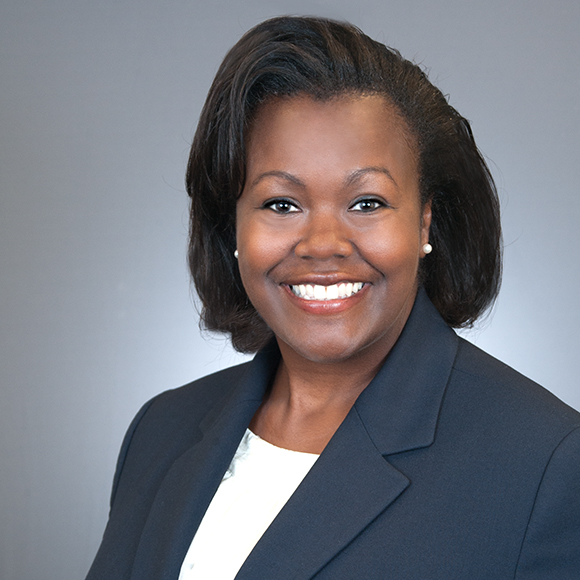Although individuals with disabilities comprise the largest minority group, making up 15 percent of the world’s population, disability inclusion doesn’t always get as much attention as ethnic, gender, and other types of workplace diversity. However, individuals with disabilities are also men, women, white, ethnic minorities, and members of the LGBTQ+ community, which means disability can’t be ignored in the workplace diversity conversation.
There are many paths to boosting disability inclusion in your organization. Consider the following actions to help build understanding and make disability a key component of your workplace DEI strategy.
Recognize the many forms of “disability”
The term disability is supercharged to begin with, as it connotes a lack of ability in a particular area. As a result, it’s not uncommon to conjure specific ideas of what constitutes a disability. But in reality, disability can take many forms, including those that are short-term and long-term, visible and invisible. One employee with a disability may use a wheelchair, while another employee may have an eyesight or hearing impairment.
The Americans with Disabilities Act and other laws prohibit discrimination and govern the “reasonable accommodations” you must provide to individuals in the workplace. But diversity inclusion isn’t just about ADA compliance. It’s about recognizing employees’ various abilities and creating an accessible culture where each person has opportunities to contribute and thrive.
Listen to employee voices
Disability inclusion practices can vary depending on your organizational culture and workforce. Instead of trying to force an approach to disability inclusion that may have worked elsewhere, it’s beneficial to listen to the employee voices in your workforce. For example, focus groups and surveys provide employees with an outlet to share their experiences and talk about how disability inclusion can take shape in your organization. Also, employee-led business resource groups (BRGs) can be particularly helpful in empowering employees to speak up about disability inclusion and offer ideas to guide company efforts.
Make talent acquisition channels fully accessible
According to a 2020 report by Disability:IN, only 45 percent of the nearly 250 companies surveyed had a practice of asking all candidates if they needed reasonable accommodation for an interview. Asking about reasonable accommodation is just one of many actions you can take to make your recruitment process accessible. Other actions include:
• Making your careers site fully accessible, for example, by offering audio descriptions of key content
• Reviewing candidate sourcing methods in support of building a talent pipeline of individuals with disabilities.
Build disability inclusion into your culture and employer brand
Your organization’s commitment to including individuals with disabilities is best demonstrated in the behaviors and attitudes of employees and leaders. By showcasing positive examples of disability inclusion, you let employees, customers, and candidates know what inclusion looks like in your organization. For example, Proctor & Gamble is one of many companies that shares employee stories to highlight their equality and inclusion efforts.
Provide flexible work options
From ergonomic workspaces to monitors with adjustable lighting, there are many actions, large and small, you can take to support the needs of employees with disabilities. By offering flexible ways to work and organize workspaces, you show employees and others that your organization is a place where individuals with different ways of working can be productive.
It’s also critical to communicate your flexible workplace policies and benefits to all employees. Not only does broad communication support employees who may not have expressed their need for flexibility, but it also provides another opportunity to demonstrate your commitment to diversity and inclusion for all types of individuals.
Disability inclusion is a necessary component of your organization’s overall DEI strategy. By recognizing the many abilities in your workforce and making sure employees and candidates see your commitment to inclusion, you can build a workplace where all employees can be heard, valued, and celebrated.
ForceBrands offers end-to-end hiring solutions for all stages of growth. Whether you’re just starting to hire or are looking for the next step in your career, we’re here to help you be a positive Force that makes an impact.






